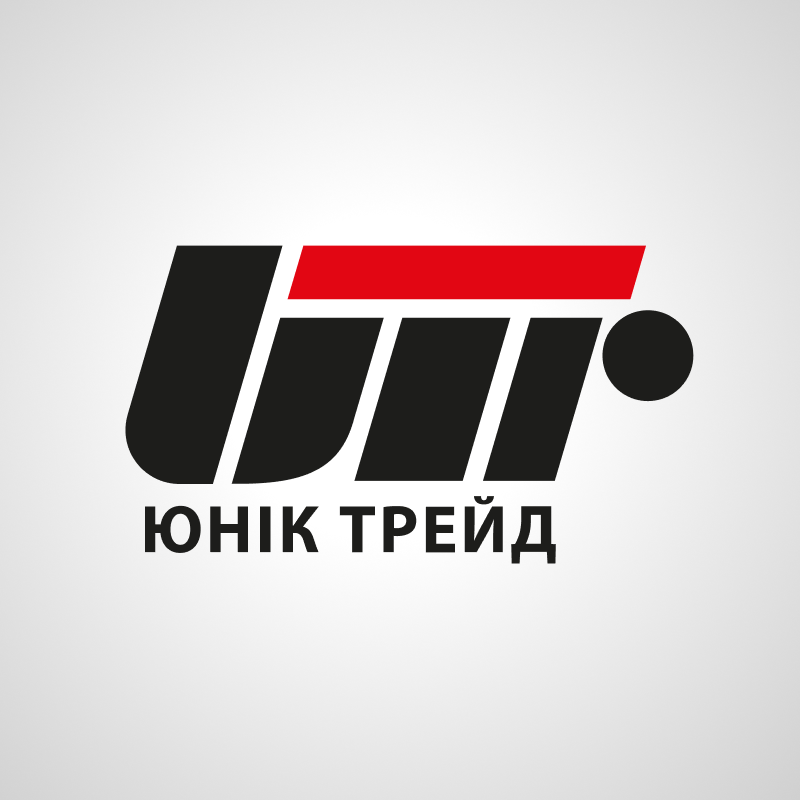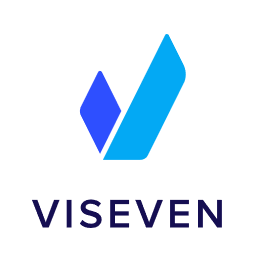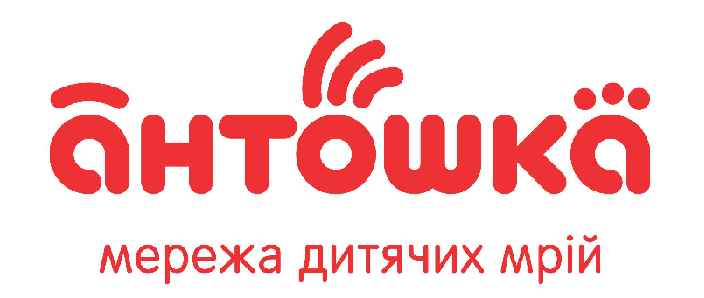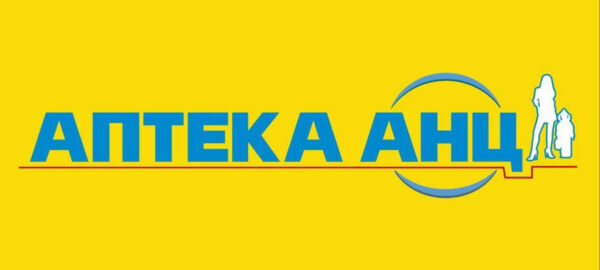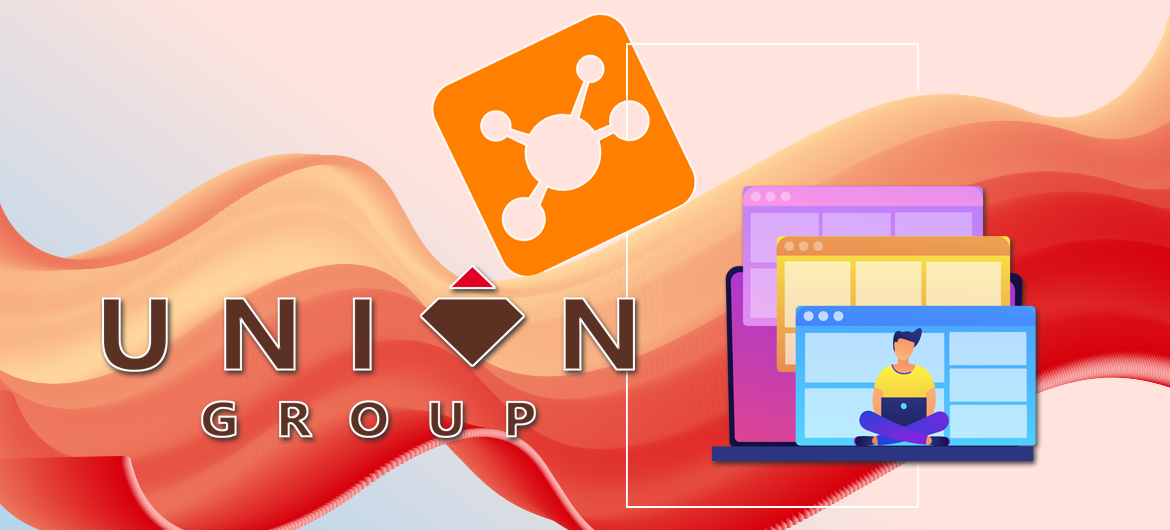
From WebTutor to LMS Collaborator: moving to a new level of convenience and multifunctionality. The case of Union Group
In a world of rapid technological change, companies are constantly faced with the need to implement new tools to optimize their business processes.
LMS is not just an online learning tool. It is a way of interacting with employees who are scattered across different cities and countries. It is a knowledge base that stores the company’s intangible capital. It is a way to increase sales and improve service. It’s not easy to decide to change a distance learning system after years of use, especially during a full-scale invasion.
Dmytro Kryshen, Head of Training and Development at Union Group, told us about the loss of most of the learning materials, the search for a new LMS, and the nuances of switching to another platform
Union Group is a multi-brand company that unites the Zolotyi Vik, Zolota Kraina, SRIBNA KRAINA, Sribny Vik, Dominant Diamonds and BRILLIANT jewelry chains. The company provides excellent customer service in 47 cities of Ukraine through the continuous development of personal competencies and professional skills of each individual employee.
Implementation of blended learning
The management of Union Group decided to switch to blended learning in 2012. At that time, the Ukrainian eLearning market was still in its infancy, so the company opted for the WebTutor platform, which it used for the next 10 years.
The primary objective of the online training was to get the information to employees as quickly as possible, as the retail market was developing rapidly at the time. In a competitive environment, when one product is available in several chains at the same time at approximately the same price, the one offering the best service wins. In order to offer this service, employees in the regions must receive the necessary information as quickly as possible.
Despite a fairly large coaching staff, in-person trainings simply could not cope with this task. That’s why in 2012 the idea of implementing an LMS arose.
Gradually, the company’s goals expanded, and online training began to be used not only to improve the skills of employees, but also to adapt new employees, develop personal competencies, and form an internal talent pool.
Reasons for changing the distance learning system
The previous platform had both its pros and cons.
In the early 2010s, WebSoft was one of the best e-learning systems in the post-Soviet countries, but over time, the LMS began to become noticeably outdated. Employees of the eLearning department began to notice that customer service was significantly deteriorating every year, while prices were only rising.
But Union Group had the most trouble with the gratitude system. Each employee could send their colleagues five “thank yous” a month, which were credited with internal currency, bonuses, etc. Often, due to the large amount of work, employees put it off until the last minute and did it after several reminders. In the end, everyone logged in almost simultaneously and the system simply refused to work.

Dmytro Kryshen – Head of Training and Development at Union Group
“There was zero interaction. Half of the functionality needed to be improved, and this was despite the fact that the simple addition of a new button cost a fortune. The system often hung, even though we didn’t rent it, but bought it and installed it on our own servers. They were quite powerful, but with a simultaneous load of 150-200 users, we had some problems.
And if 10 years ago I was quite confident in the quality of the previous LMS, now it’s just an echo of the past”.
It is for these reasons that in mid-2021 the idea arose to consider other distance learning systems, and the full-scale invasion only accelerated this process.
For the first two months, the company hardly worked, as everything remained unclear. But as soon as the stores began to open, Union Group resumed its search for a more modern platform.
The new e-learning system had to meet five main criteria:
- Modern functionality that meets the requirements of the times;
- One hundred percent Ukrainian product, which is in no way connected with the aggressor country;
- Availability of gamification tools, such as badges, certificates, ratings, etc., which would allow not only training but also motivating staff;
- Possibility of rental work with monthly billing to be able to quickly respond to any financial volatility;
- Excellent technical support service, which is always in touch and resolves all issues in a timely manner.

Dmytro Kryshen – Head of Training and Development at Union Group
“Personally, this point is of great importance to me. When we work with thousands of people at the same time, assign them a course, and there is some kind of failure that cannot be resolved in one, two, or three days, it is, first of all, a stain on the reputation of our team, not the manufacturer of the e-learning system. Therefore, the availability of high-quality customer service was one of the key factors”.
Eventually, after reviewing and testing several options, the company’s management chose LMS Collaborator.
Switching to LMS Collaborator
The company launched its first course in the new distance learning system in August 2022. That is, it took only two months from the moment the decision was made to finalize all the technical and legal details, sign the contract, and start work.

Before that, Union Group had no experience with SaaS products, so information security specialists spent half of this time checking the system. Another month was spent uploading user lists and filling them with content so that employees would not enter an empty shell but would immediately start learning.
Over the years, the company has accumulated a lot of materials at WebTutor, but in the end, no more than 30-40 courses could be retrieved because they were stored on servers that are now inaccessible. The training content that was rescued was in SCORM format, so it was simply uploaded to the LMS.
Currently, online training is available only for the retail business, with up to 1000 people connected to the system. In the near future, the company plans to involve the office as well, so the total number of users will be about 1500.
Organization of online learning
In 90% of cases, Union Group courses consist of four parts.
The first is a presentation that includes video and audio whenever possible. Approximately eight out of ten of the company’s courses are audio-delivered. But there are exceptions, because audio is not always appropriate. Videos are often used in courses where you need to develop a certain practical skill.

The second component is a memo that an employee can download to any gadget or print out after completing the training, if necessary.
The third part is a feedback survey. It consists of only two questions: a ten-point scale rating of the quality of the content and a detailed answer with suggestions or requests for improvement.

Each course ends with a test, which most often consists of ten questions, so as not to overload employees. Each employee has two attempts – an introductory and a final one.
Every month, the company calculates the personnel efficiency rating. It consists of several components, one of which is the level of knowledge gained in the distance learning system. This indicator is a cross-cutting one, meaning that it is awarded to both sales consultants and regional directors. Therefore, everyone who is scheduled for testing is interested in passing it.
Since the weight of this block is quite high, an employee who fails the test will not be included in the category of the best employees. Accordingly, mastering the training material becomes an additional motivation for receiving financial bonuses.
Automation of the learning process
Union Group now has more than 40 courses and continues to create two new ones every month. At the same time, the company manages to cope with the development of training materials with the help of a team of three employees. Two trainers create the idea, the concept, the text, from which the training manager responsible for developing e-courses assembles a full-fledged training product.

Dmytro Kryshen – Head of Training and Development at Union Group
“Considering the situation in the country, online learning has almost completely replaced offline learning. It applies to both the adaptation of newcomers and training for employees. By automating processes, we were able to reduce the number of employees involved in learning to a minimum. If not for online, we would have needed a few more people just to conduct staff evaluations”.
While 2-3 years ago, the key requirement for hiring an employee was their location, nowadays most of the staff is located in different cities and countries. And, accordingly, online is the best way to work with such personnel, as well as to maintain and improve their professionalism. Therefore, even if an employee is 1000 kilometers away from the central office, they will still be well adapted, provided with the necessary information, and will not feel abandoned.
The company also uses the LMS Collaborator tools to build a career ladder and mentor employees. If there is a question of promoting an employee, special attention is paid to how, what, and in what time frame they studied.
Plans for further development
First of all, the company is considering the option of connecting a task tracker, because now many employees work remotely and the control process has undergone significant changes.
We also plan to introduce checklists to be used by regional managers and office staff. They visit the stores as customers, and this tool will allow them to provide feedback on the quality of service.

The 360° assessment block is a separate topic altogether. The last time the company conducted it was two years ago, so mastering this functionality and surveying store directors is now a priority for Union Group.
As for the employees themselves, they are most looking forward to the introduction of the gratitude block. After setting up reports that will allow you to see who was thanked the most, this tool of non-financial motivation will be introduced, along with badges and certificates. That said, the Union Group’s training and development department lacks only personal development plans, but they are already at the stage of being connected.
Currently, online courses are being developed only for retail employees, i.e. for salespeople. The office has not yet been involved in this process, but we already have plans to launch a system for the adaptation of newcomers and the development of personal competencies for employees, because the world is changing, the company is changing, so it is also necessary to work with them on an ongoing basis.

Dmytro Kryshen – Head of Training and Development at Union Group
“What to plan? And why plan? The distance learning system is a tool that has been on the market for years. It’s important, it’s necessary, it’s useful, especially in our environment. It’s not going to be like it used to be. While 15 years ago most companies could afford to bring people from all over Ukraine to one particular city and pump them full of information for a week, now it is physically impossible. That’s why LMS is currently the only tool that can maintain the level of knowledge and skills of employees. So don’t think, don’t plan, just use it!”





